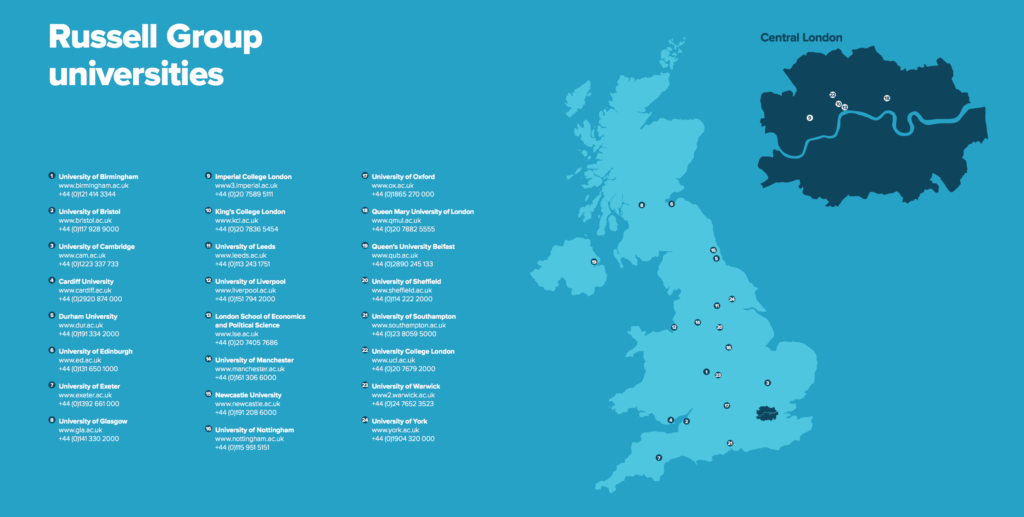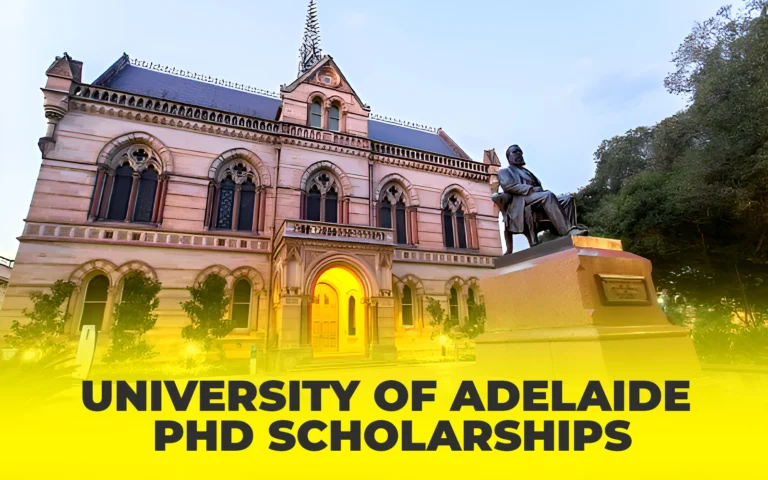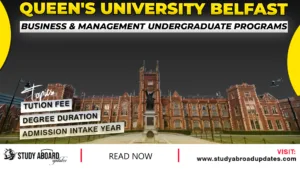Russel Group universities
The Russell Group
The Russell Group represents 24 leading UK universities. We believe people and ideas are the keys to meeting global challenges. Through world-class research and education, we are helping to create a dynamic economy, stronger communities, and a better future for the UK.
Our research-intensive, world-class universities play an important part in the intellectual life of the UK and have huge social, economic, and cultural impacts locally, across the UK, and around the globe.
Russell Group universities:
- Generate almost £87bn a year for the economy
- Support more than a quarter of a million jobs across the UK
- Produce 68% of the UK’s world-leading research (worth £34bn a year)
- Teach a quarter of all undergraduate students, a third of all postgraduate students, more than a third of engineers, four out of five doctors and dentists, 50% of linguists, 58% of physical scientists and 63% of mathematicians
While our member universities have histories varying in length from 50 years to nearly 1,000, the Russell Group itself is a newer body, whose board members – the heads of the Russell Group universities – first began to meet in 1994. Set up as a professional, incorporated organization in 2007, its aim is to help ensure that our universities have the optimum conditions in which to flourish and continue to make social, economic, and cultural impacts through their world-leading research and teaching. We provide strategy, policy development, intelligence, communications, and advocacy for our member institutions.
Our policy work focuses on:
- Sustainable funding
Ensuring our leading universities can continue to deliver a high-quality experience for students - Research
Promoting world-leading UK research and innovation that changes lives for the better - Immigration
Ensuring our universities can attract and retain global talent, to learn, research, and teach in the UK - Access
Continually working to make our world-class education more accessible to students of all backgrounds - International partnerships
Seeking an ambitious future EU relationship and embracing the new global opportunities ahead - Environment
Championing research into green technology, while mitigating the environmental footprint of our universities
History of the Russell Group
The origins of the Russell Group go back to 1994, with 17 original members setting out to ensure that their interests were represented by the government. The heads of these universities would meet informally in the Hotel Russell in London, which is where the name came from.
New universities have been added along the way, with the group becoming an official, incorporated organization in 2007.

List of Russell Group Universities
| Imperial College London | 1994 | |
| London School of Economics and Political Science | 1994 | |
| Newcastle University | 1994 | |
| University College London | 1994 | |
| University of Birmingham | 1994 | |
| University of Bristol | 1994 | |
| University of Cambridge | 1994 | |
| University of Edinburgh | 1994 | |
| University of Glasgow | 1994 | |
| University of Leeds | 1994 | |
| University of Liverpool | 1994 | |
| University of Manchester | 1994 | |
| University of Nottingham | 1994 | |
| University of Oxford | 1994 | |
| University of Sheffield | 1994 | |
| University of Southampton | 1994 | |
| University of Warwick | 1994 | |
| Cardiff University | 1998 | |
| King’s College London | 1998 | |
| Queen’s University Belfast | 2006 | |
| Durham University | 2012 | |
| Queen Mary University of London | 2012 | |
| University of Exeter | 2012 | |
| University of York | 2012 |
Russell Group university Deadlines
It’s important that you take note of the Russell Group university deadlines.
For courses starting in 2021 or 2022, your application should be at UCAS before the deadlines – depending on what courses you apply for. If your completed application including all your personal details and your academic reference is submitted by the deadline, it is likely to be considered.
- 15 October 2020 for Sep 2021 entry at 18:00 (UK time) any course at the universities of Oxford and Cambridge, or for most courses in medicine, veterinary medicine/science, and dentistry. You can add choices with a different deadline later, but don’t forget you can only have five choices in total.
- 15 January 2021 for Sep 2021 entry at 18:00 (UK time) for the majority of courses.
Some course providers require additional admissions tests to be taken alongside the UCAS application, and these may have a deadline.
Regardless of your deadline, ensure that you have the final copy of your personal statement ready to attach to your application. This is one of the most vital components of your application and it is important that you do your research into
Are Russell Group Universities Clearings?
Yes, Russell Group universities have courses available through Clearing but they will have a limited number of seats available. It is unlikely that a Russell Group university will have any of its popular courses in the clearing, due to the high demand for courses and universities.
If you’re planning on applying to Russell Group universities in Clearing or Adjustment, ensure that you research your choices before you get your teacher assessed for the grades.
Russell Group Facts
- The Russell Group claims about 200 Nobel Prize winners.
- The Russell Group universities support 300,000 jobs in the UK alone.
- In 2015, universities in the Russell Group spent £92 million on average (over five times more than the UK average!)
- The Russell Group universities produced nearly three-quarters of most-cited UK research papers.
- The Russell Group attracts 47% postgraduate students from overseas, with the universities acting as ‘highly trusted’ visa sponsors.
- The Russell Group member universities are featured in the top 250 world rankings (QS World University Rankings 2018).
- The Russell Group Universities have a high student satisfaction ratio: 89% of students in the National Student Survey 2016.
If you intend to apply to the top universities in the Russell Group such as Cambridge and Oxford, you will typically need AAA and above to apply to most of its courses. Depending on the course, the other universities in the group may require a minimum of ABB. If your A-Level results do not meet their minimum requirements for an undergraduate program, most of these universities will offer a foundation program and will admit students with BCC and above. For more information about the UK.
Russell Group Universities Entry Requirements
The Russell each have their own entry requirements, and requirements may vary from course to course and university to university. A good grasp of the English language is essential for students attending the universities, and the universities require applicants to achieve a specified level in approved international tests such as the IELTS. Again, the requirement varies between universities and the language demands of courses.
The Russell universities make their admissions offers based on three A-level grades. However, some institutions, such as Cambridge and LSE, require an AS-level, too, and applicants are well-advised to check the entry requirements on their websites. As UK universities use the knowledge the students have already gained in school as the foundation of their courses, choosing subjects for A-level is vital. Of course, it is also important to get good grades. For example, a student aspiring for an engineering degree needs to pass mathematics and physics at A-level with top grades.
Some A-level subjects are common requirements across many courses, and they are called “facilitating subjects.” They are biology, chemistry, math, physics, history, geography, English literature, and modern and classical languages. By studying two facilitating subjects at A-level, students can keep their degree course options open.
For postgraduate courses, such as an MBA at Cambridge, the entry requirements may include an undergraduate degree, three years’ work experience, GMAT/GRE score, TOEFL score of at least 110 or IELTS score of at least 7.5, and, of course, visa. There is no limit on the number of visas, and an applicant who has been admitted to a Russell Group university normally is issued a visa.
UCAS POINT
- Cambridge 152 – 160
- Oxford 112 – 165
- Glasgow 114 – 198
- Imperial college 144 – 200
- Edinburgh 120 – 165
- UCL 128 – 168
- LSE 136 – 152
- University of Manchester 128 – 176
- University of Birmingham 128 – 144
- University of Cardiff 120 – 144
- University of Sheffield 136 – 159
- University of Nottingham 112 – 159
- Queen’s University Belfast 136 – 168
- Queen Marry University 112 – 144
- University of Liverpool 128 – 168
- University of Southampton 120 – 168
- University of Leeds 128 – 168
- University of Warwick 128 – 168
- University of Exeter 128 – 160
- Kings College London 93 – 152
- University of Bristol 112 – 165
- University of Durham 136 – 168
- University of York 104 – 165
- New Castle University 120 – 168
Study Abroad Updates
We are your one-stop website for everything related to studying abroad. Our website is made to give you all the information you need to have a fun and easy path toward studying abroad. We can assist you whether you’re seeking for the best places to study, the newest scholarships, or university rankings. Get in touch with us for individualized advice, or view our videos to learn more about the university of your dreams. Our Study Abroad Genie is available around the clock to help you at every stage. Take the first step toward reaching your objectives by starting your study abroad journey with us right now.


















